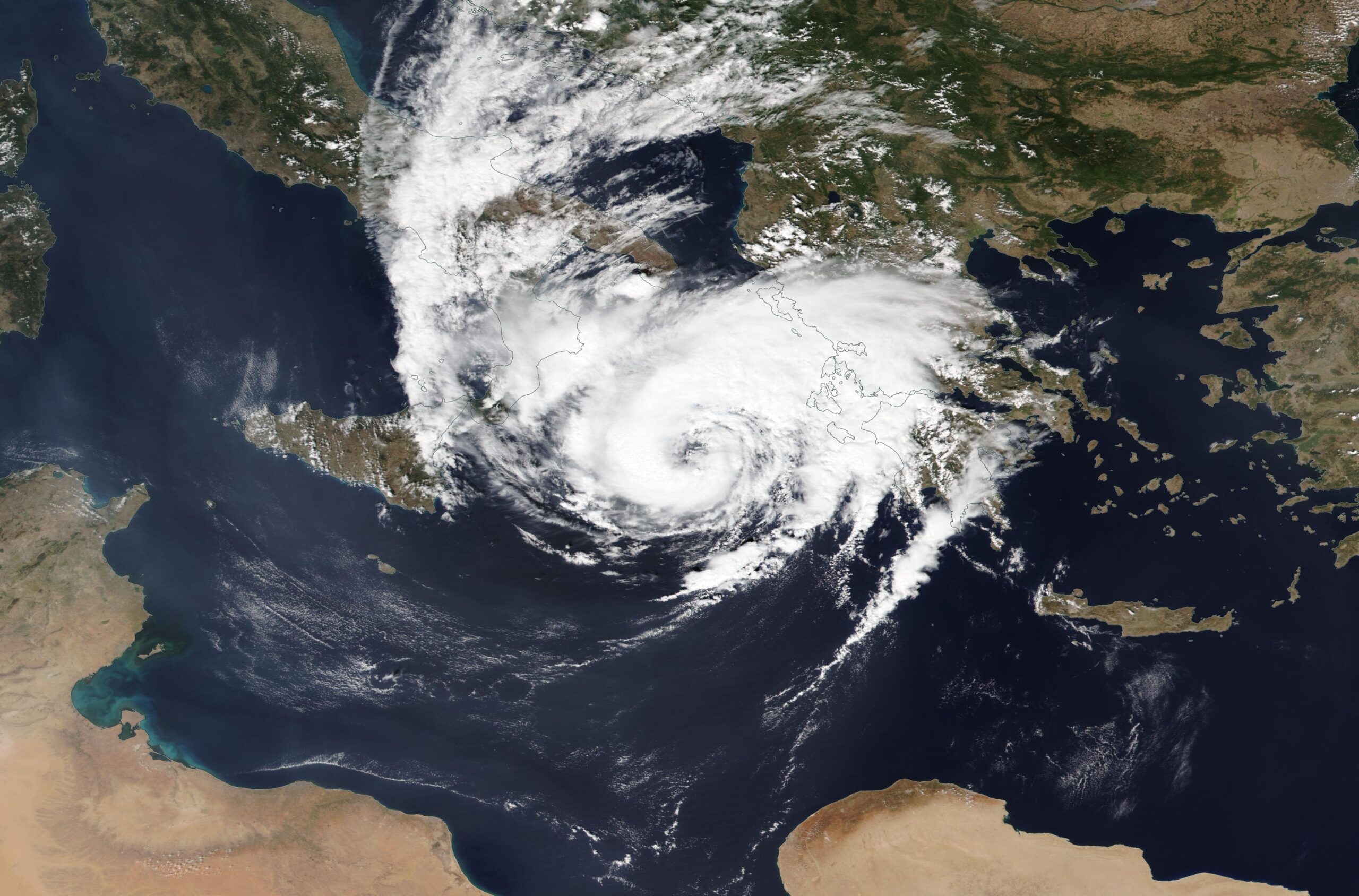
Parts of the world are currently grappling with severe weather, including flash floods and heatwaves, with occurrences reported in Sub-Saharan Africa, Europe, the Americas, and various Asian countries.
Globally, there has been a notable increase in the frequency and intensity of heavy rainfall events over most land regions, as highlighted by the UN’s climate body, the IPCC.
AFRICA
East Africa has been particularly affected, with heavy rains and flash floods impacting nearly 1 million people, resulting in over 300,000 displacements across countries like Kenya, Somalia, Burundi, and Tanzania, according to the United Nations Office for the Coordination of Humanitarian Affairs. Moreover, record-breaking temperatures, especially at night, have been recorded across many parts of Africa. Notably, Niamey, the capital of Niger, experienced its hottest May night, and Burkina Faso’s capital saw its hottest night on record for any month. In Chad, temperatures were forecasted to remain above 114 degrees Fahrenheit (45.6 Celsius) by mid-May.
AFGHANISTAN
In western Afghanistan, heavy seasonal rains triggered flash floods, claiming the lives of at least 50 people. Authorities fear the death toll may rise as numerous individuals remain missing. The intense rainfall has resulted in more than 300 fatalities and the destruction of thousands of houses, according to the UN.
EUROPE
Europe is facing its own weather crisis, particularly in southwest Germany, where heavy rainfall, notably in the Saarland region, has caused flooding, impacting numerous homes and vehicles and prompting evacuations in Lebach. The fire department has been actively distributing sandbags to safeguard residences amidst the ongoing floods. Meanwhile, in Russia, over 2,000 individuals have been evacuated from Omsk due to flooding affecting more than 200 homes and nearly 400 other structures, primarily used in farming, according to the Russian Emergency Ministry. Distressing footage aired on Russian state TV depicted villagers, such as Galimzhan Taushev, who lost their homes to the flooding.
INDIA
In South Asia, experts observe that extreme heat during the pre-monsoon season is becoming more frequent. Recently, northwest India experienced sweltering temperatures, with New Delhi under a severe weather alert. The Indian weather department anticipates heatwave conditions to persist across northern regions for the next several days, prompting several states to be placed on high alert.
Despite these challenges, there is a glimmer of hope. Scientists note that the powerful El Niño weather event, coupled with climate change, which contributed to soaring global temperatures, has come to an end. However, they caution that the post-El Niño period will provide crucial insights into whether recent temperature spikes are indicative of accelerated climate change or not.
